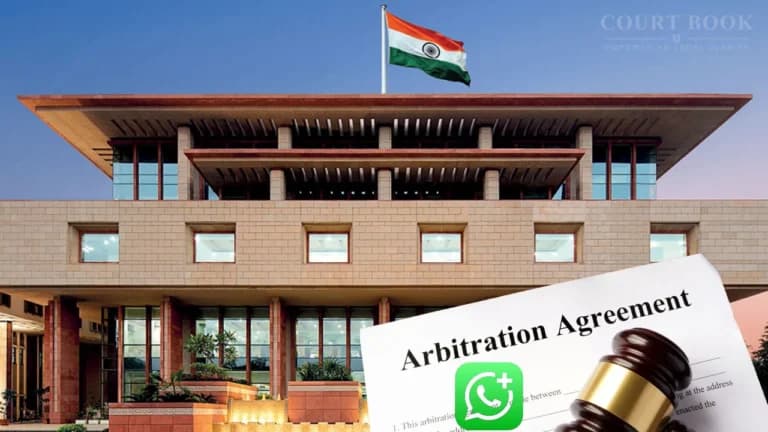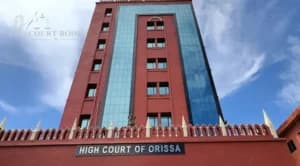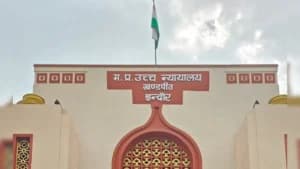The Delhi High Court, in the matter titled Belvedere Resources DMCC v. OCL Iron and Steel Ltd. & Ors., has held that an arbitration agreement can validly arise from digital communications like WhatsApp and emails, provided the terms are agreed upon through such exchanges.
Justice Jasmeet Singh relied on Section 7(4)(b) of the Arbitration and Conciliation Act, 1996, which states that an arbitration agreement is valid if recorded through electronic means that provide proof of agreement. The court emphasized that a concluded, signed contract is not mandatory for validating arbitration clauses, as long as intent and terms are mutually accepted via recorded communication.
"The correspondence leaves no room for doubt that the arbitration agreement was contained in the exchange of email and WhatsApp communications between the parties." — Delhi High Court
Read also:- Calcutta High Court Restrains Coercive Action Against Padma Shri Monk Kartik Maharaj in Rape Allegations
The court was adjudicating a Section 9 petition filed by UAE-based Belvedere Resources DMCC, seeking interim protection of around ₹23.34 crores (USD 2.77 million) against OCL Iron and Steel Ltd., Oriental Iron Casting Ltd., and Aron Auto Ltd.. The claim arose from a coal supply contract initially negotiated with S.M. Niryat Pvt. Ltd. (SMN) via WhatsApp in September 2022.
The petitioner contended that discussions on WhatsApp led to a formal offer, which was accepted by SMN on the same day. Further, a Standard Coal Trading Agreement (ScoTA) was shared over email, outlining key terms like shipment, payment, quantity, and dispute resolution via SIAC arbitration in Singapore.
Read also:- Retired HC Judge and Wife Get Interim Relief from Allahabad High Court in Domestic Help Suicide FIR
Despite repeated confirmations from SMN through WhatsApp and email, including acceptance of vessel nomination and transaction summary edits, the final signed contract and advance payment were never returned. The petitioner claimed that after fulfilling their obligations, SMN sent a sudden email canceling “the deal.” Consequently, arbitration proceedings were initiated in June 2024.
"It is not necessary for a concluded contract to be in existence for a valid arbitration agreement to exist." — Justice Jasmeet Singh
Read also:- Delayed Maintenance Violates Wife and Child's Dignity: Delhi HC
However, the court refused to grant the monetary relief sought by the petitioner. It ruled that no part of the cause of action arose in Delhi, and simply maintaining a branch office in the city does not establish territorial jurisdiction.
"Mere existence of a branch office which had nothing to do with the transaction in question will not give Delhi jurisdiction to entertain the present petition." — Delhi High Court
Additionally, the court denied interim relief such as attachment of assets or furnishing of security by the respondent companies. It observed that the petitioner’s claims, being unliquidated damages, did not qualify as “debt” until adjudicated. The court emphasized that there was no material showing malicious dissipation of assets or any intent to defeat a potential decree.
"Damages are payable only by a decree of the court and not on account of quantification by the aggrieved party." — Justice Jasmeet Singh
Ultimately, the petition was dismissed, though the court clarified that these findings are limited to the scope of the present Section 9 plea and do not affect the arbitration proceedings already underway.
Counsel for Petitioner: Mr. Gauhar Mirza, Ms. Shivi Chola
Counsel for Respondents: Mr. Krishnaraj Thaker (Sr. Adv.), Mr. Anand Sukumar, Mr. S. Sukumaran, Mr. Bhupesh Kumar, Ms. Ruche Anand
Title: BELVEDERE RESOURCES DMCC v. OCL IRON AND STEEL LTD & ORS














